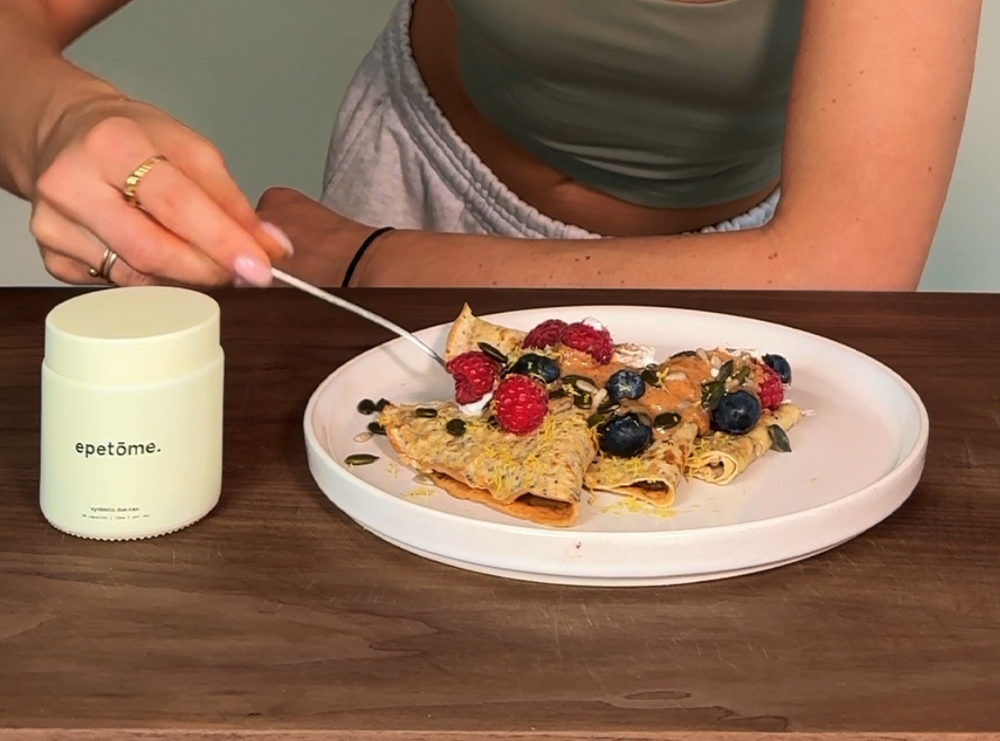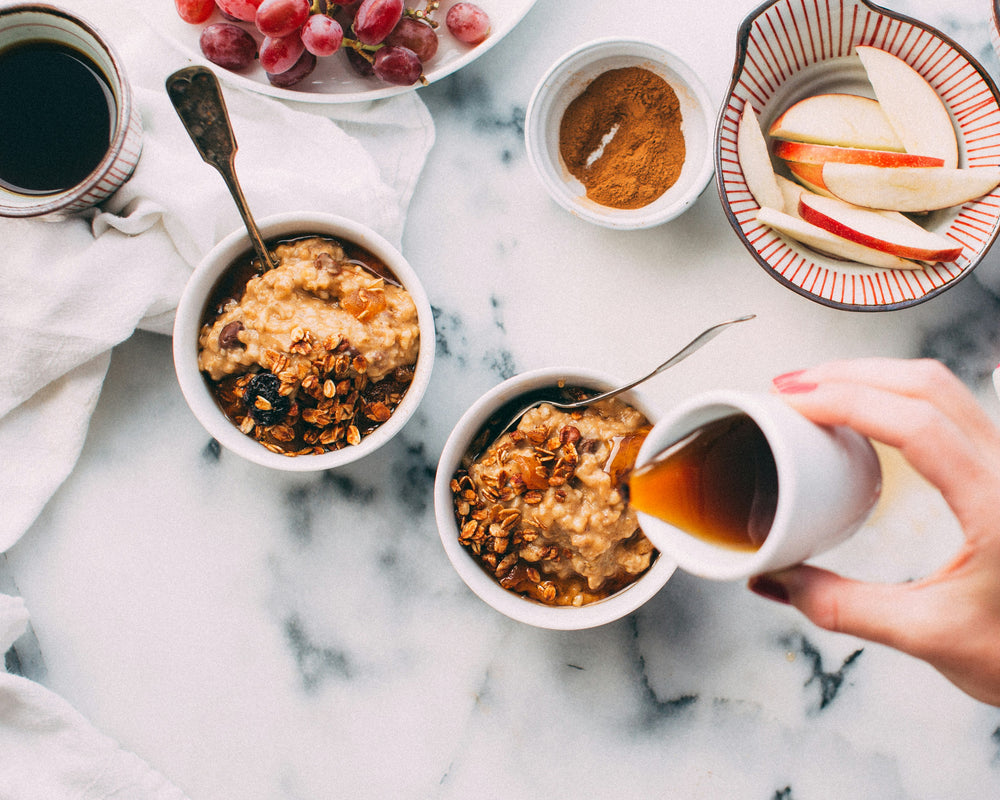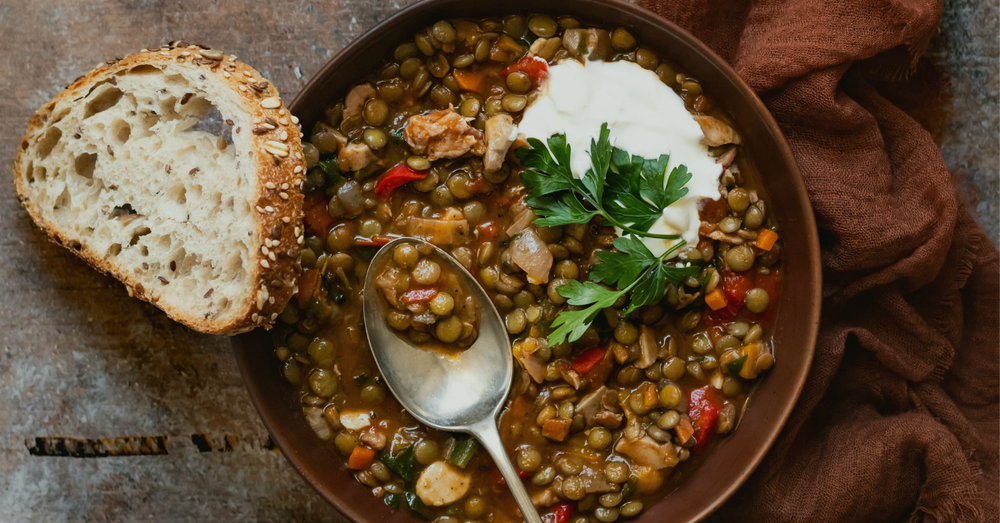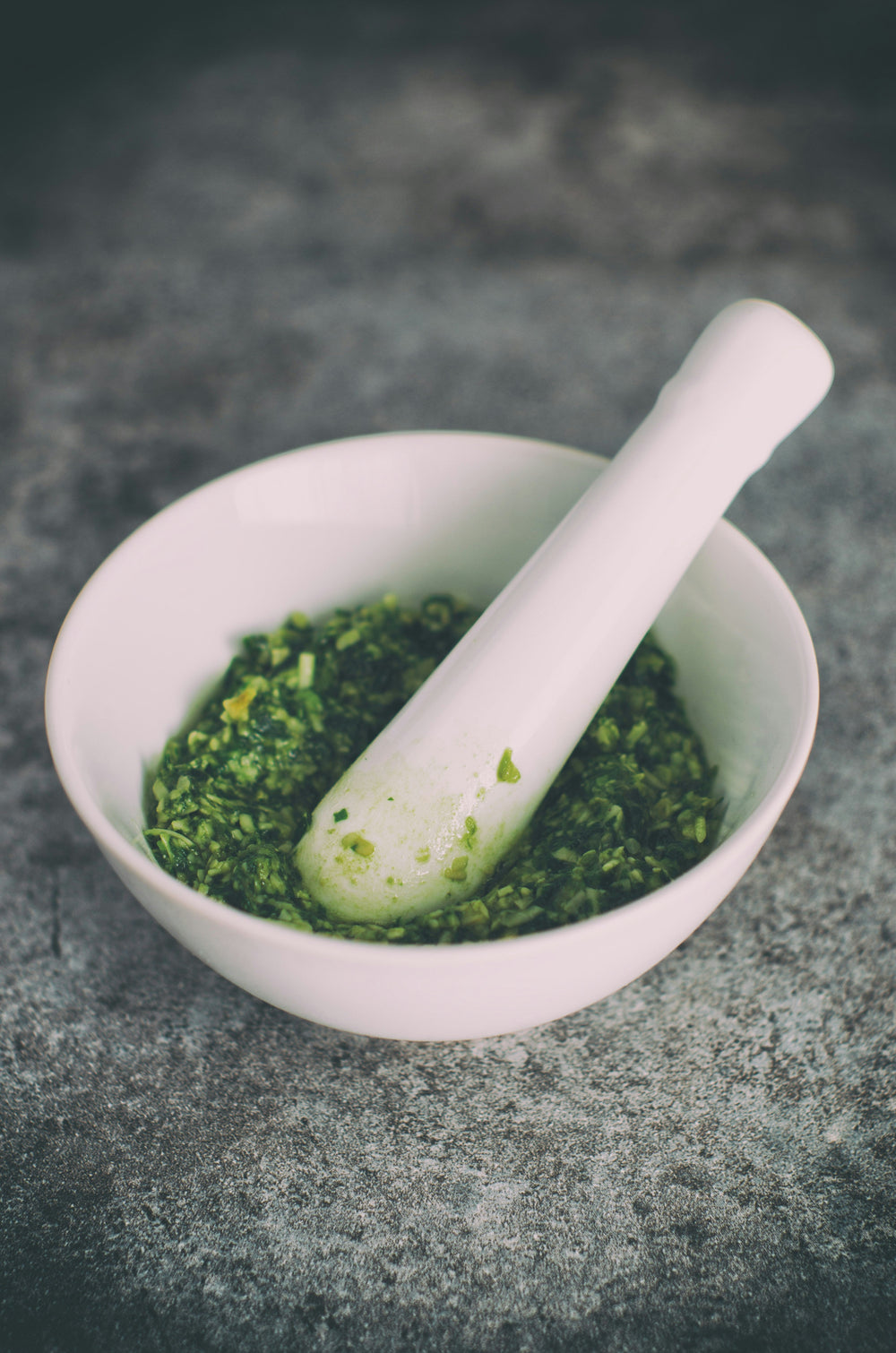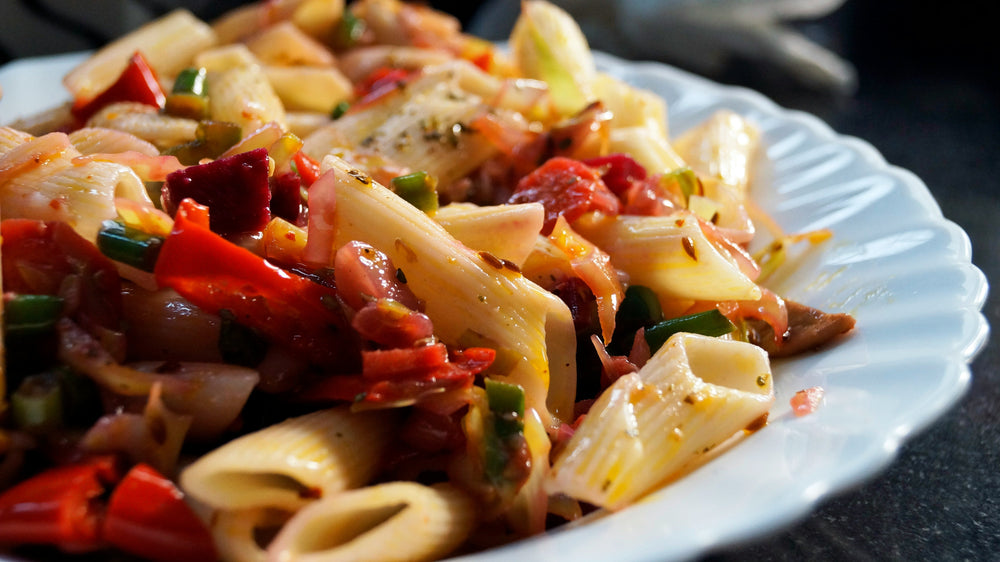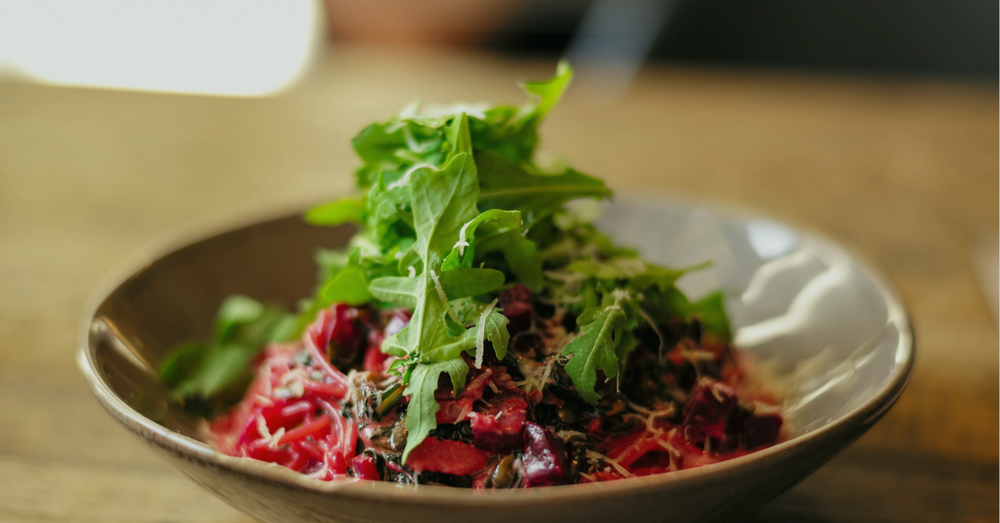how pets are might be influencing our gut health.
How Pets Are Shaping Our Gut Health Pet ownership has soared globally, and in the UK, it is estimated that 34% of households have at least one pet. Beyond companionship, the bond with our furry friends is making waves in the world of health, especially when it comes to the gut microbiome. Pets aren’t just part of the family—they may also play a pivotal role in our well-being. Comparing Human and Pet Gut Microbiomes Understanding the similarities and differences between human and pet gut microbiomes can shed light on how pet ownership influences our health. For humans, the majority of our gut bacteria belong to two main groups: Firmicutes and Bacteroidetes. Together, they make up about 90% of our gut microbiome, along with smaller amounts of other bacterial groups like Actinobacteria and Proteobacteria. Cats, on the other hand, have gut microbiomes also dominated by Firmicutes and Bacteroidetes, which is similar to humans. Dogs, however, have a slightly different balance, with Firmicutes, Bacteroidetes, Proteobacteria, and Fusobacteria being the key players in their digestive systems. These parallels and distinctions suggest that close contact with pets can influence our microbiome composition. Early Life and Pets - How It Affects the Microbiome Early exposure of children to pets, especially dogs, has been shown to significantly impact the microbiome. Some studies suggest they might have a lower risk of allergies and asthma if they’ve grown up in the presence of dogs. Pets introduce new bacterial strains (specifically in the Bifidobacteria family) into their owner's environment, influencing human microbiome diversity. Pet Ownership in Adulthood Research from PLOS ONE in 2022 showed that older adults who owned dogs had greater gut microbiome diversity, which is linked to improved immune function and a better-balanced gut ecosystem. Interestingly, the benefits seemed more pronounced in men, highlighting how our microbiome...

How Pets Are Shaping Our Gut Health
Pet ownership has soared globally, and in the UK, it is estimated that 34% of households have at least one pet. Beyond companionship, the bond with our furry friends is making waves in the world of health, especially when it comes to the gut microbiome. Pets aren’t just part of the family—they may also play a pivotal role in our well-being.
Comparing Human and Pet Gut Microbiomes
Understanding the similarities and differences between human and pet gut microbiomes can shed light on how pet ownership influences our health. For humans, the majority of our gut bacteria belong to two main groups: Firmicutes and Bacteroidetes. Together, they make up about 90% of our gut microbiome, along with smaller amounts of other bacterial groups like Actinobacteria and Proteobacteria.
Cats, on the other hand, have gut microbiomes also dominated by Firmicutes and Bacteroidetes, which is similar to humans. Dogs, however, have a slightly different balance, with Firmicutes, Bacteroidetes, Proteobacteria, and Fusobacteria being the key players in their digestive systems.
These parallels and distinctions suggest that close contact with pets can influence our microbiome composition.
Early Life and Pets - How It Affects the Microbiome
Early exposure of children to pets, especially dogs, has been shown to significantly impact the microbiome. Some studies suggest they might have a lower risk of allergies and asthma if they’ve grown up in the presence of dogs. Pets introduce new bacterial strains (specifically in the Bifidobacteria family) into their owner's environment, influencing human microbiome diversity.
Pet Ownership in Adulthood
Research from PLOS ONE in 2022 showed that older adults who owned dogs had greater gut microbiome diversity, which is linked to improved immune function and a better-balanced gut ecosystem. Interestingly, the benefits seemed more pronounced in men, highlighting how our microbiome continues to be shaped by the presence of pets throughout life.
The Role of Cats in Shaping Human Gut Health
While dogs dominate the research when it comes to microbiome benefits, cats also play a role. A study comparing cat owners to non-cat owners found significant differences in gut bacteria, with cat owners experiencing a decrease in harmful bacteria like Proteobacteria and an increase in beneficial strains. While the evidence for cats is not as robust as it is for dogs, it’s clear that these furry companions can help influence the microbiome in positive ways.
Pet Interaction and Skin Health
Exposure to pets, especially in early life, has been linked to better skin health. Children with dogs are less likely to develop skin conditions such as eczema. The key seems to be the diversity of the microbiome, which pets help to enrich. This early-life exposure to pet bacteria appears to create a protective effect against atopic dermatitis and other skin conditions.
Pets as Catalysts for Mental Well-being
Owning a pet can significantly boost mental well-being, partly due to the gut-brain axis, which links gut health and mood. Pet owners are 36% less likely to feel lonely, and reducing loneliness can improve overall mental health.
For dog owners, daily walks encourage physical activity, which benefits both mental and gut health by promoting a diverse microbiome and better digestion.
Whether it’s a loyal dog or a comforting cat, pets provide routine, companionship, and emotional support—key to staying mentally and physically healthy as we age.
Potential Adverse Effects
While pets largely benefit our microbiome, some studies have identified potential downsides. For instance, owning a cat has been linked to an increase in certain bacteria (Enterobacteriaceae and Pseudomonadaceae) associated with gut inflammation. However, the overall impact of pets on gut health is still overwhelmingly positive.
Conclusion
The relationship between pets and our gut health is far from simple, but it’s clear that our furry friends play a significant role in nurturing our microbiome. From enriching gut diversity to supporting skin health, the benefits are undeniable. As we continue to delve into the science behind pet ownership, we’re learning that these animals are more than just companions—they are, in many ways, essential allies in the journey toward better health and well-being.
References
Bäckhed, F., Ley, R. E., Sonnenburg, J. L., Peterson, D. A., & Gordon, J. I. (2005). Host–bacterial mutualism in the human intestine. Science, 307(5717), 1915–1920. https://doi.org/10.1126/science.1104816
Clemente, J. C., Ursell, L. K., Parfrey, L. W., & Knight, R. (2012). The impact of the gut microbiota on human health: An integrative view. Cell, 148(6), 1258–1270. https://doi.org/10.1016/j.cell.2012.01.035
Dethlefsen, L., & Relman, D. A. (2011). Incomplete recovery and individualized responses of the human distal gut microbiota to repeated antibiotic perturbation. Proceedings of the National Academy of Sciences, 108(28), 11458–11463. https://doi.org/10.1073/pnas.1000087107
Duan, Y., Li, H., & Li, X. (2022). The Firmicutes/Bacteroidetes ratio and its association with gut microbiota: A systematic review. Frontiers in Cellular and Infection Microbiology, 12, 773004. https://doi.org/10.3389/fcimb.2022.773004
Gosalbes, M. J., Durbán, A., Pignatelli, M., & Artacho, A. (2011). Metatranscriptomic approach to analyze the functional human gut microbiota. PLoS ONE, 6(3), e17447. https://doi.org/10.1371/journal.pone.0017447
Lloyd-Price, J., Mahurkar, A., Rahnavard, G., & Hagerty, S. (2017). Strains, functions and dynamics in the expanded Human Microbiome Project. Nature, 550(7674), 61–66. https://doi.org/10.1038/nature23889
Pelucchi, C., Galeone, C., Bach, J. F., La Vecchia, C., & Chatenoud, L. (2013). Pet exposure and risk of atopic dermatitis at the pediatric age: a meta-analysis of birth cohort studies. J Allergy Clin Immunol, 132(3), 616-622.e7. https://doi.org/10.1016/j.jaci.2013.04.009
Soft, satisfying, and subtly sweet—these breakfast cookies are made to fuel your morning the right way. With fibre-rich oats, plant-based protein, and antioxidant-packed matcha, they’re a gut-friendly grab-and-go option that doesn’t compromise on flavour or function.
Emily's light, gut-friendly crêpes are the perfect balance of fibre, protein, and healthy fats to support digestion and keep you feeling great.
Start your day with a delicious and nutritious breakfast option - Carrot Cake Oats. Filled with fibre diversity to promote healthy digestion.



